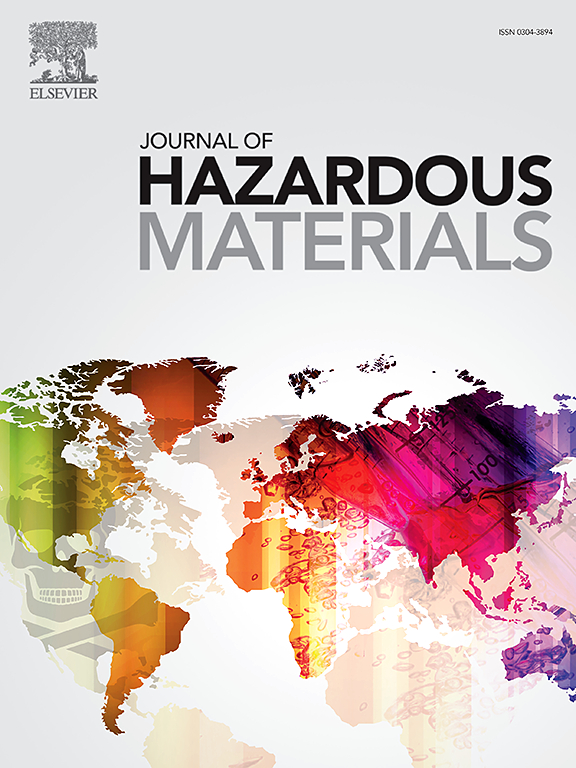Hazardous pollutants like Mercury (Hg) have emerged as a pressing challenge in recent times where the expanding industrial sector is regarded as the major source in developing country India. In this study, we are trying to identify all possible industrial sectors at district level to quantify Hg emission load across India for the year 2019 using IPCC methodology where the country-specific technological emission factors are used. We have included 5 major sectors out of which emission from coal combustion in thermal power plants accounts for 186.5 t/yr of Hg emission followed by non-ferrous metal production (88.3 t/yr), captive power plants (65.5 t/yr) and fly ash generation from various manufacturing industries (45.9 t/yr). A total of 459.4 t/yr of Hg is released into the ecosystem in 2019 with an uncertainty of ± 48%. This study also estimated that about 233 million people living in and around 10 km periphery of major industrial zones with as many as 17 million people residing near the 10 major hotspots are susceptible to hazardous Hg emissions directly or indirectly. This information would be quite useful in formulating future Hg emission control strategies in India.

